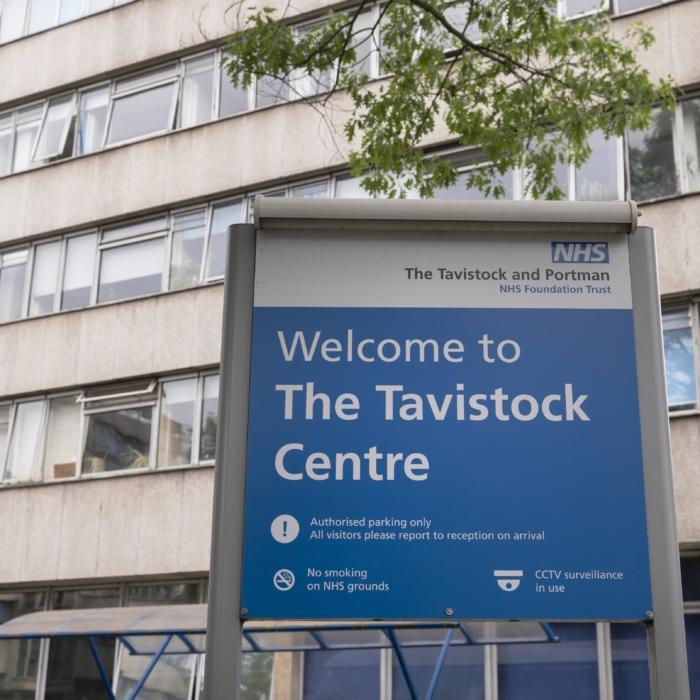Three journals rejected a paper assessing research into the effects of puberty blockers on cognitive functioning, with one reviewer branding the author as biased, a clinical neuropsychologist has said.
Sallie Baxendale, a professor of clinical neuropsychology at University College London (UCL), conducted a review of research on the impact of chemically suppressing puberty on children’s IQ.
In her literature review, which summarises the current research of a given topic, Ms. Baxendale found that only 5 out of 16 published academic papers had examined the impact of puberty-blocking drugs on the cognitive function in children. Only three of those five had looked into the effects of blockers given to young patients with gender dysphoria.
Ms. Baxendale noted that in one study, a child prescribed puberty blockers saw an overall drop of 10 IQ points, extending to 15 points for verbal comprehension.
The UCL professor, who has over 30 years’ experience in clinical psychology, concluded in her manuscript that more research needed to be done on the cognitive impact of puberty blockers on minors going through a gender transition.
Academic Suggested Looking for Research That Told a More Positive Story
The clinical neuropsychologist said that reasons for rejection included concerns that publishing her findings could stigmatise the transgender community.Another claimed that the professor’s use of the terms “natal sex,” “male-to-female,” and “female-to-male” used to describe the children indicated she was a sceptic about the use of puberty blockers, with another claiming she had a “bias” of heavy caution.
One suggested evidence that demonstrated the safe and reversible impacts of puberty blockers on cognitive development existed, but that it had not been published.
“They suggested that I trawl through non-peer-reviewed conference presentations to look for unpublished studies that might tell a more positive story,” Ms. Baxendale wrote.
‘No Evidence That Cognitive Effects Are Fully Reversible’
“There is no evidence that cognitive effects are fully reversible following discontinuation of treatment. No human studies have systematically explored the impact of these treatments on neuropsychological function with an adequate baseline and follow-up. There is some evidence of a detrimental impact of pubertal suppression on IQ in children,” Ms. Baxendale wrote in her literature review.She concluded in her paper’s abstract: “Critical questions remain unanswered regarding the nature, extent and permanence of any arrested development of cognitive function associated with puberty blockers. The impact of puberal suppression on measures of neuropsychological function is an urgent research priority.”
“It’s also not known whether hormone blockers affect the development of the teenage brain or children’s bones,” it says.
The changes came following a review of the Tavistock Gender Identity Development Service clinic in London conducted by British paediatrician and former president of the Royal College of Paediatrics and Child Health, Dr. Hilary Cass.
Dr. Cass had expressed concerns about the “unquestioning affirmative approach” to dealing with children with gender dysphoria.
The Tavistock clinic is due to close in March, to be replaced by regional hubs.







